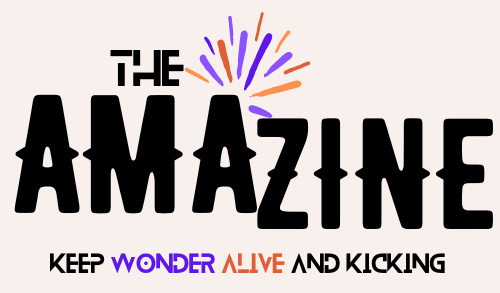I was going to die, if not sooner then later, whether or not I had even spoken myself. My silences had not protected me. Your silences will not protect you. …
What are the words you do not yet have? What do you need to say? What are the tyrannies you swallow day by day and attempt to make your own, until you will sicken and die of them, still in silence? …
And of course I am afraid, because the transformation of silence into language and action is an act of self-revelation, and that always seems fraught with danger. …
We can learn to work and speak when we are afraid in the same way we have learned to work and speak when we are tired. For we have been socialized to respect fear more than our own needs for language and definition, and while we wait in silence for that final luxury of fearlessness, the weight of that silence will choke us.
– Audre Lorde, The Transformation of Silence into Language and Action (as found in the book Sister Outsider)
